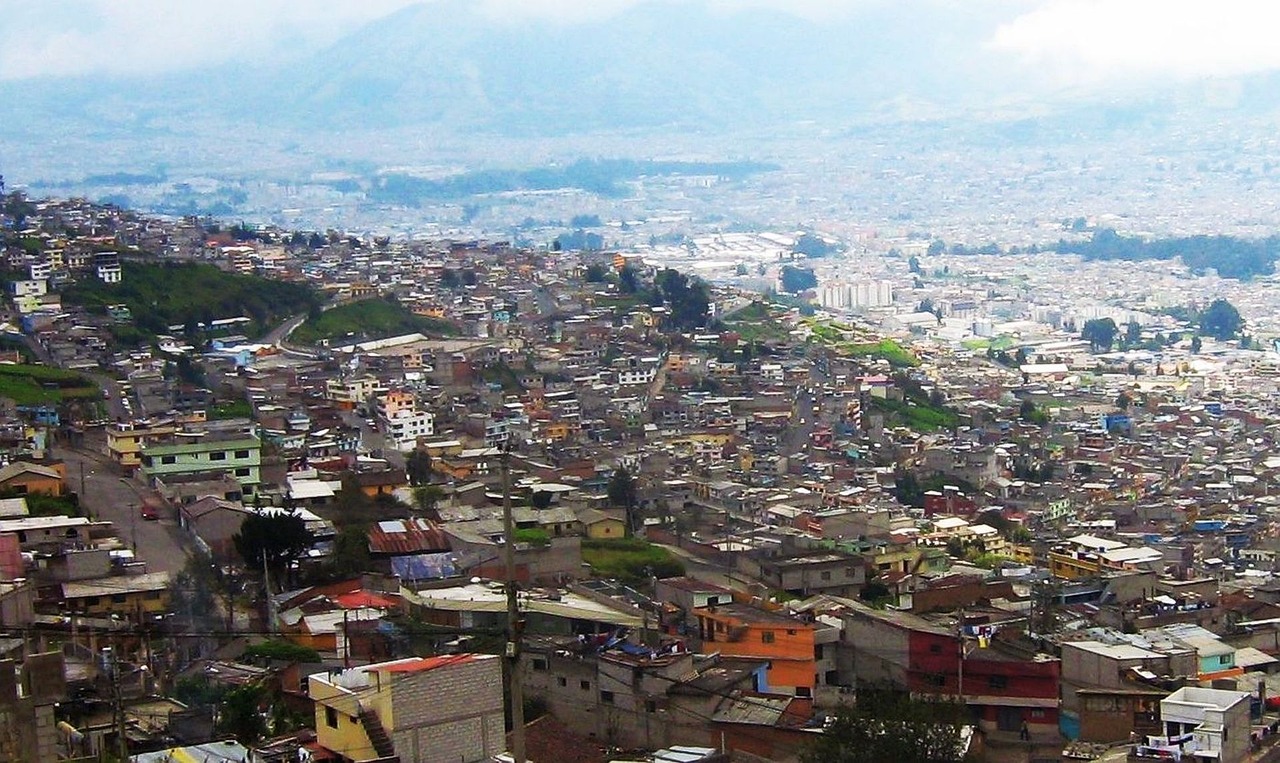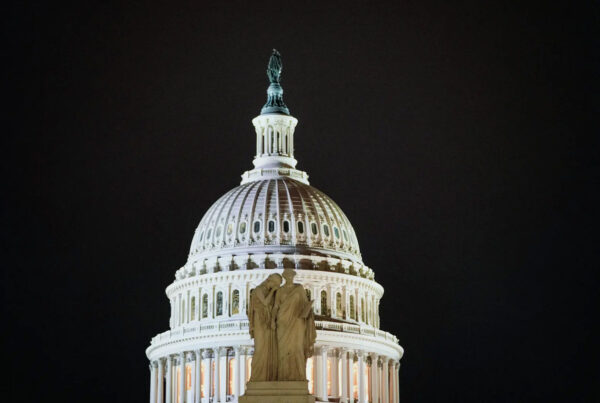Ecuadorians elected their youngest president ever last week. Daniel Noboa is 35, and coming to power at a difficult time for the country.
The election was marred by the assassination of a presidential candidate, Fernando Villavicencio, likely by members of organized crime. Ecuador’s homicide rate in general has increased significantly over the past few years.
Now, the Biden administration has made it somewhat easier for Ecuadorians to migrate to the United States. The Department of Homeland Security announced last week that it added Ecuador to a family reunification parole program.
For more details on the program, the Texas Standard spoke to Rafael Bernal, Hispanic politics and policy reporter for The Hill. Listen to the interview above or read the transcript below.
This transcript has been edited lightly for clarity:
Texas Standard: Last week, the Biden administration announced that Ecuadorians were now eligible to come to the U.S. through the family reunification parole program. Tell us how that’s supposed to work.
Rafael Bernal: Well, you said it correctly – it’s somewhat easier.
Basically, what happens is if an Ecuadorian, either permanent resident or U.S. citizen living in the United States, has a relative who is an Ecuadorian citizen outside anywhere else in the world and they apply to bring them over, they apply for the visa. The State Department will identify “this guy is eligible for parole program,” and it’s the State Department that tells the applicant, “hey, you’re eligible,” and that makes it easier for them to come. They can come before they get their final visa, their final green card, and they can work during that period up to three years.
Do you have to have a family member in the U.S. to qualify for this program, or can it be a friend or an acquaintance?
It’s a family member. It’s part of the family visa program – what people on the right have termed “chain migration.” But it’s just a way to make it quicker because frankly, those family visas, they can take years. And sometimes that discourages people from using those processes.
What has been the trend in terms of Ecuadorians crossing the southern border over the past few years?
It’s rising and it’s really rising this year. Ecuador, like you said, their murder rate is up there. Their political system is in upheaval.
There’s hopes that it will calm down now with the new president, with Noboa. And they have an economic trend that’s very similar to the rest of Latin America, which is basically a pretty bad recovery from the pandemic. Just stagnant economy and more and more Ecuadorians have been coming second only to the Venezuelans in terms of people from South America.
I see. Well, why is this happening right now, do you think?
Well, I think it’s just a combination of all the conditions. And there’s so much uncertainty because of the complicated politics there. It’s just people are afraid and people really maybe have less hope for their country than they did at other times, and they see an opportunity.
So the Biden administration wants to channel that opportunity into its existing visa process as well.
Of course, the Biden administration has been getting a lot of pressure from mayors in some other cities where migrants have been bused by Gov. Abbott and others. Is part of this change a result of that pressure?
It is because anybody who comes through that process will be eligible to immediately apply for a work permit and they will have a U.S. sponsor.
So they’re very, very unlikely to occupy any shelter space. They could basically hit the ground running, be productive from the day they land and fly into the country rather than big crowds at the border.
You know, we often see with these kinds of actions a lawsuit. You expect we’re going to see this challenged in court?
Everything in terms of immigration policy is challenged in court, either by one side or the other. It’s just inevitable.
This one is more difficult to challenge because it’s the regular use of an existing program. That said, it’s probably not going to have that many beneficiaries if there’s 10,000 Ecuadorians on the way – I mean, maybe two or 3,000 people a year. It’s a lot harder to get into, but it’s the idea is for the Biden administration to chip away at the illegality by providing these processes.













